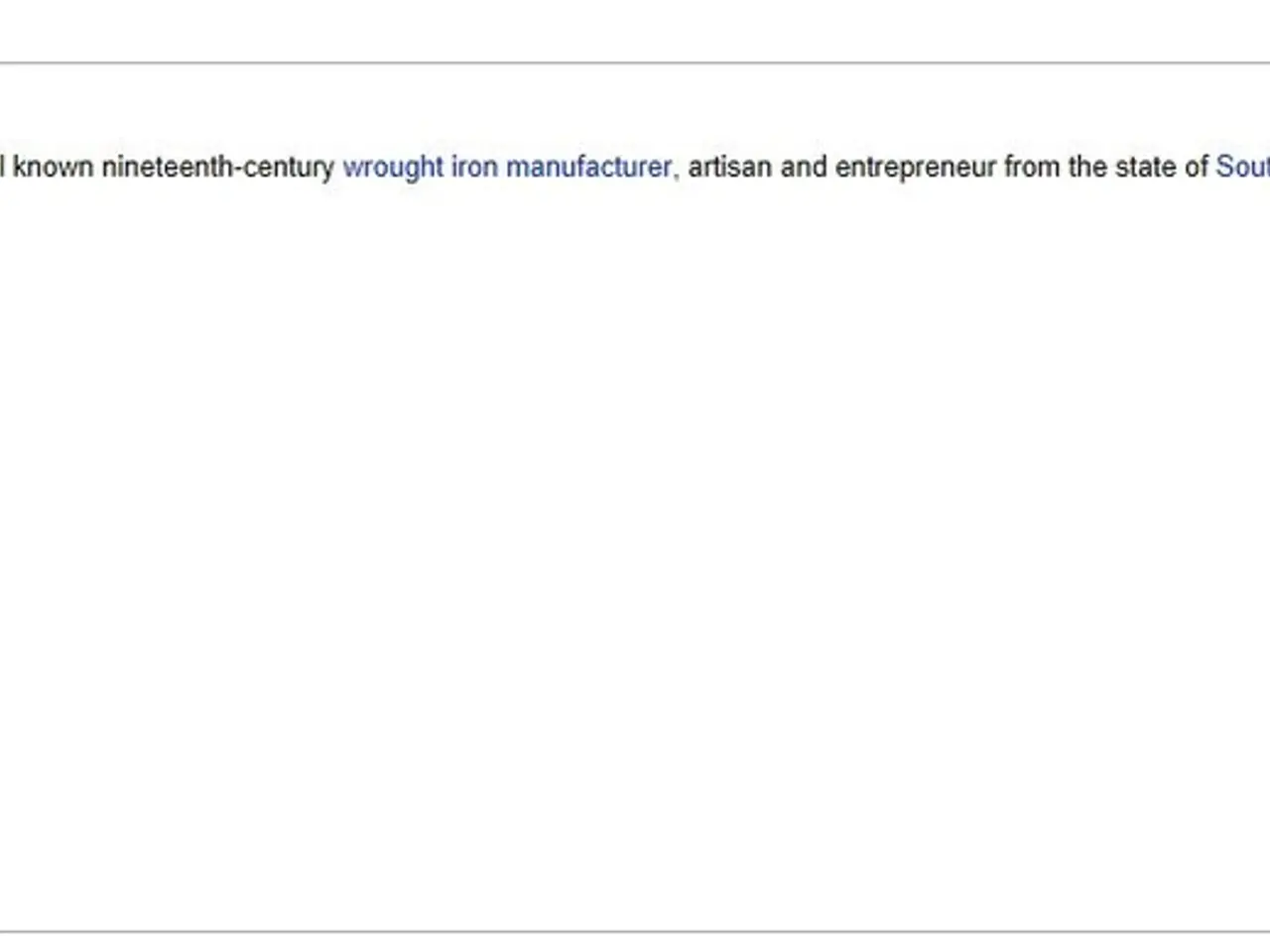Multiple asylum applications terminated due to applicants concealing crucial information
By 2026, the Common European Asylum System (CEAS) reform will usher in a new era of asylum management in Germany and across the EU, introducing more stringent regulations aimed at expediting procedures, reducing backlogs, and facilitating returns.
One of the key changes is the establishment of "Return Hubs" - deportation centres in third countries close to refugees' origins. This move, supported by Germany, will enable faster deportation of rejected asylum seekers based on bilateral or EU agreements.
Another significant change involves the automatic withdrawal of asylum applications for individuals who abscond or fail to participate in procedures. Under the new regulations, such applications will be considered tacitly withdrawn, eliminating the possibility of reinstating these proceedings.
The reform also strengthens rules on return and safe third countries, empowering member states to deport rejected applicants more efficiently. This focus on safe third-country returns is a complement to the EU Pact on Migration and Asylum.
In terms of detention, only certain asylum seekers—those who pose security risks or provide false identity information—will be eligible for detention centres. An annual cap of 120,000 asylum assessments in such centres has been set across the EU.
The reform also promotes shared responsibility among EU countries, enhancing coordination to distribute the burden of hosting and processing asylum seekers more evenly.
German political discourse aligns with these stricter policies, with demands for discontinuing asylum proceedings for non-compliance and strengthening enforcement of departure mandates.
However, human rights advocates have raised concerns about the focus on stricter controls over integration and protection. Critics argue that these reforms may compromise the principles of fair and humane asylum management.
It is important to note that once an asylum procedure is discontinued, a deportation order and a threat of deportation usually follow. This assumption of "going missing" only occurs if there is sufficient evidence. The obligation of the authority to consider the period of non-locatability remains, as stated by the Bavarian Interior Ministry.
Under the new Asylum Procedures Regulation, an application for international protection will be deemed withdrawn if the applicant goes missing. Unlike the current law, there is no longer any possibility of resuming the procedure.
These changes mark a shift towards more restrictive and enforcement-focused asylum management in Germany by mid-2026. While the reform aims to address challenges in the asylum system, it remains to be seen how these changes will impact asylum seekers and the broader refugee crisis.
- The new policy-and-legislation reform in Germany and the EU, scheduled by 2026, demands more stringent regulations in the asylum sector, including the dilution of asylum applications for individuals who go missing or fail to participate in procedures.
- The focus of the General-news regarding the asylum reform in Germany and the EU is on the increased emphasis on stricter controls, with a trend towards more enforcement-focused asylum management, as outlined in the policy-and-legislation changes.








